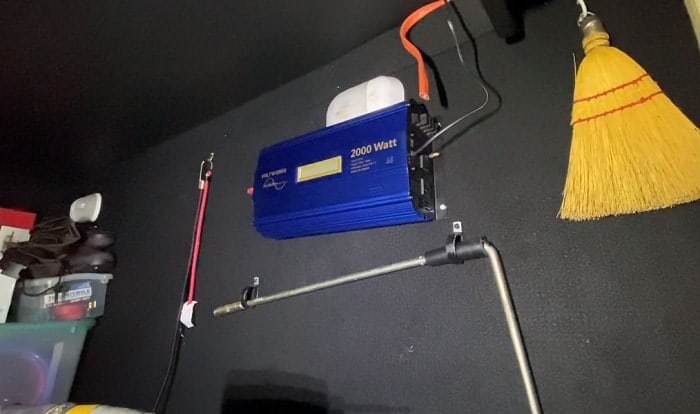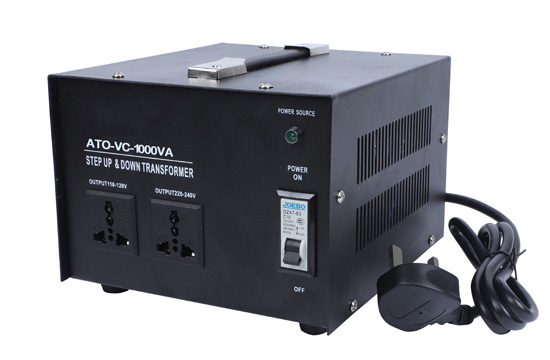
If you need to power significant things, such as medical equipment, you should consider buying a pure sine wave inverter. As a bonus, they are typically cheaper than other inverter options.Ĭlick here to see this on Amazon. Modified sine wave inverters are acceptable for most things that need power in your RV. If you're just looking for the basics, here are a few tips: Modified Sine Wave Inverters When shopping for an inverter, you should know that not all inverters are the same.

Keep in mind that no matter what inverter you install, you will still be limited by the power capacity of your battery bank. There are many options available, so you should do some planning before purchasing or installing an inverter in your RV. If your RV does not have a pre-installed inverter, it is possible to add one. An inverter is a piece of equipment in your RV that transforms the DC current from your RV's batteries into AC current.ĭepending upon the age and size of your RV, it may already have an inverter installed. Most other electrical things in your life are designed to use AC power. A standard US outlet like the one pictured below is used for AC power.Ī post shared by Priyanka Chopra Jonas cigarette lighter-style plug found in most vehicles is used for DC power. Take a look at the different types of outlets used for AC and DC power. To sum it up, AC power is what your house uses, and DC is what your RV uses. While it's important to know the basics of these terms, it is not necessary to get too deep into the science of electric currents to understand the relevance to RV power systems. If you purchase something through a link on this page, we may get a commission, so thank you!īefore we delve into inverters and converters we should first explain how AC and DC currents come into play with an RV. Finally, we'll let you know whether you need an inverter at all.īefore you continue reading, let us say we hope you find the links here useful. We'll discuss what happens when converters go bad, whether to use inverters and converters interchangeably, and whether to run an inverter all the time. Keep reading as we cover important information regarding RV inverters and converters. You will need either an inverter or a converter, depending on the power source in your RV and the appliance that you want to operate.

Conversely, a converter transforms AC current into DC current. An RV inverter transforms DC current into AC current. Your RV has more than one power system, which means you need to match the right kind of current for the appliance or gadget that you're using. So, to examine an inverter versus a converter, what's the difference? We've researched both thoroughly, to give you all the answers you need for this RV equipment. There's a lot happening here, and getting something wrong could result in substantial damage to your RV and interconnected systems or appliances. RV power systems are intimidating, whether you are a veteran RV owner or new to the RV game.


 0 kommentar(er)
0 kommentar(er)
